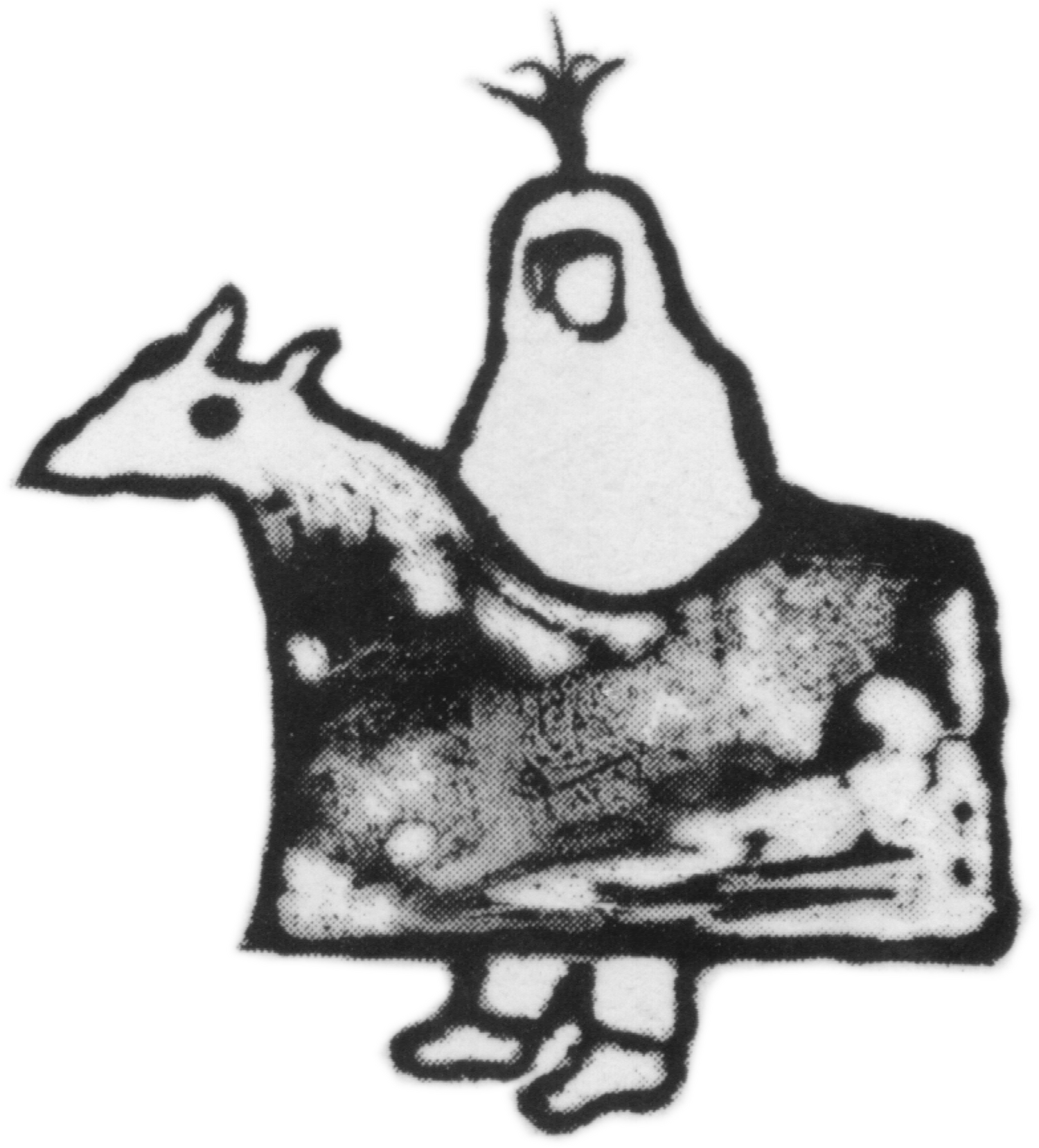The Life and Letters of William Lisle Bowles, Poet and Parson, 1762-1850, by Robert Moody
This is the first full-length biography of William Lisle Bowles, considered by many to be the father of the Romantic poets who flourished at the end of the eighteenth and the beginning of the nineteenth centuries. His Fourteen Sonnets, Elegiac and Descriptive, written during a Tour was published in1789 and the subsequent editions were read with delight by Coleridge, Wordsworth, Lamb and Southey who acknowledged Bowles’s influence on their own poetry. As the incumbent of Bremhill in Wiltshire, his friendship with the Marquis of Lansdowne at nearby Bowood brought him into contact with many of the celebrities of the day, including the Irish poet Thomas Moore, whose affectionate and frank references to Bowles in his letters and journals enable the reader to obtain a rare insight into his friend’s character. Bowles’s edition of the works of Alexander Pope resulted in a war of words with Byron and others in the literary world, and his many other publications reveal the depth of his knowledge and talents. Further, the account of his day-to-day activities as a country clergyman and magistrate, and later as a canon residentiary of Salisbury Cathedral, tells much of the character of this kindly, and often eccentric, Wiltshire parson. August 2009, 235 x 155mm, x, 407 pages, illustrated paperback, £17.50, ISBN 978-1-906978-02-0
This is the first full-length biography of William Lisle Bowles, considered by many to be the father of the Romantic poets who flourished at the end of the eighteenth and the beginning of the nineteenth centuries. His Fourteen Sonnets, Elegiac and Descriptive, written during a Tour was published in1789 and the subsequent editions were read with delight by Coleridge, Wordsworth, Lamb and Southey who acknowledged Bowles’s influence on their own poetry. As the incumbent of Bremhill in Wiltshire, his friendship with the Marquis of Lansdowne at nearby Bowood brought him into contact with many of the celebrities of the day, including the Irish poet Thomas Moore, whose affectionate and frank references to Bowles in his letters and journals enable the reader to obtain a rare insight into his friend’s character. Bowles’s edition of the works of Alexander Pope resulted in a war of words with Byron and others in the literary world, and his many other publications reveal the depth of his knowledge and talents. Further, the account of his day-to-day activities as a country clergyman and magistrate, and later as a canon residentiary of Salisbury Cathedral, tells much of the character of this kindly, and often eccentric, Wiltshire parson. August 2009, 235 x 155mm, x, 407 pages, illustrated paperback, £17.50, ISBN 978-1-906978-02-0
This is the first full-length biography of William Lisle Bowles, considered by many to be the father of the Romantic poets who flourished at the end of the eighteenth and the beginning of the nineteenth centuries. His Fourteen Sonnets, Elegiac and Descriptive, written during a Tour was published in1789 and the subsequent editions were read with delight by Coleridge, Wordsworth, Lamb and Southey who acknowledged Bowles’s influence on their own poetry. As the incumbent of Bremhill in Wiltshire, his friendship with the Marquis of Lansdowne at nearby Bowood brought him into contact with many of the celebrities of the day, including the Irish poet Thomas Moore, whose affectionate and frank references to Bowles in his letters and journals enable the reader to obtain a rare insight into his friend’s character. Bowles’s edition of the works of Alexander Pope resulted in a war of words with Byron and others in the literary world, and his many other publications reveal the depth of his knowledge and talents. Further, the account of his day-to-day activities as a country clergyman and magistrate, and later as a canon residentiary of Salisbury Cathedral, tells much of the character of this kindly, and often eccentric, Wiltshire parson. August 2009, 235 x 155mm, x, 407 pages, illustrated paperback, £17.50, ISBN 978-1-906978-02-0

